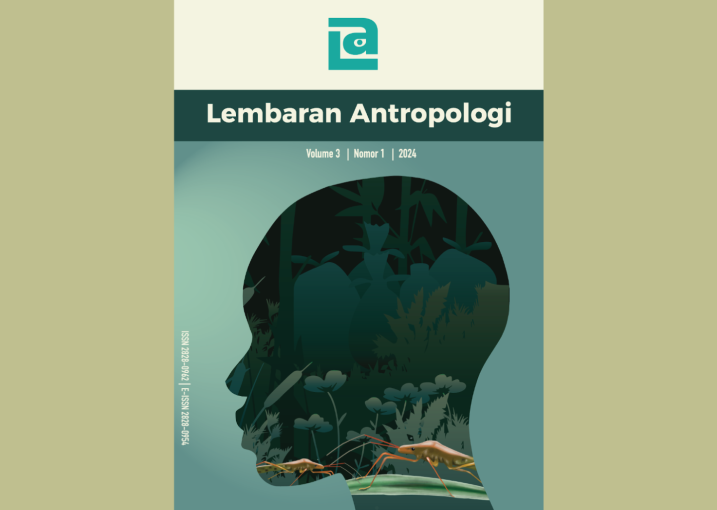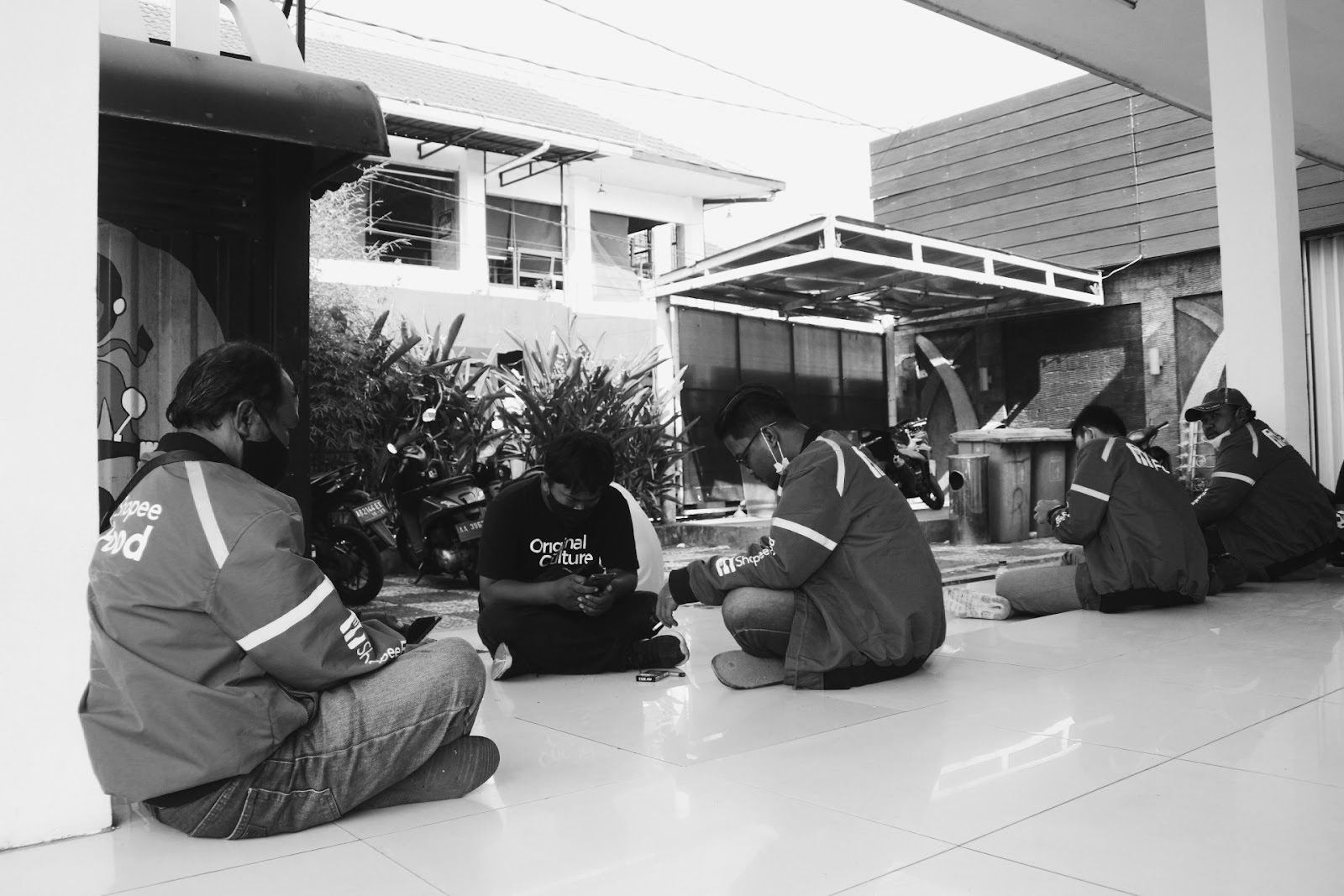
Illustration: Daiva Keefe Kalimasadha and Novilatul Ananda Ramadhan
Journal of Anthropology Gazette Vol.3 No.1 is published again! It begins with a speech by the Editor in Chief of Anthropology Gazette, Prof. Dr. Pujo Semedi Hargo Yuwono, M.A, who elaborates five articles and one inspirational speech under one big umbrella theme, knowledge. In the context of knowledge, readers will be presented with the first article by Umami (2024), which examines the behavior patterns of farmers in Sindukarto Village, Wonogiri, in reducing the population of walang sangit as an agricultural pest into local food ingredients. Nabila and Wirawan (2024), through an ethnoscience approach, then conducted research on the accuracy of the pranata mangsa system – a system to predict traditional rice planting and harvesting schedules – with data on seasonal changes in 2023. Indraswari (2024) poses a research question on the efforts of waste workers to survive through their understanding of processing waste into economically valuable goods.
The last two articles will present how humans utilize technology as a medium of expression, both in the political realm and in the context of religious life (Priambada, 2024; Fakhrani, 2024). Priambada (2024) will look at the phenomenon of online Eucharist conducted by Catholic youth in Banyumanik since the Covid-19 pandemic took place. The use of technology in the form of mass media is also felt by students in understanding political actions at the 212 Action (Fakhrani, 2024).

Five Shopee drivers utilize franchise stores as a place to wait for orders (Juwita and Lazuardi, 2024).
In addition to the five main articles, this edition includes several complementary articles such as inspirational speeches, photo essays, and book reviews. Prof. Dr. Pujo Semedi Hargo Yuwono, M.A in his speech compares the history of agricultural transformation that occurred between the 1850s and 2010s for people in Java and South Germany. No less interesting, Juwita and Lazuardi (2024) in their essay present a portrait of the phenomenon of the dim communal space (basecamps) of online ojek drivers caused by several factors, one of which is due to the changing algorithms of the company. Finally, readers will be presented with a book review entitled Making Kin: Ecofeminist from Singapore written by Pratiwi (2024). This book contains a collection of essays written by women about their bodily experiences, self, gender, family, home, and community.
Through this collection of main and supplementary articles, we hope that readers can actively participate in developing knowledge and being critical of environmental, social and political phenomena in everyday life.
To read the full article content, visit our Anthropology Gazette OJS website: https://journal.ugm.ac.id/v3/LA/
[Public Relation FIB UGM, Writer: Irene Saphira P.Y, Editor: Sandya]

